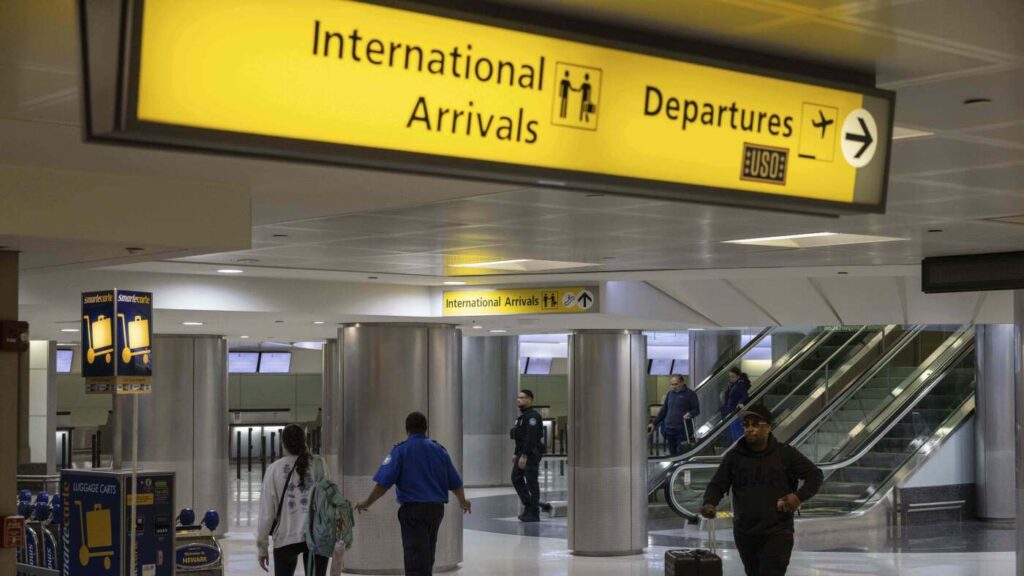President Trump’s new travel ban, implemented after a recent firebombing attack in Colorado, restricts entry for nationals of 12 countries and imposes partial restrictions on individuals from seven other nations. Trump justified the ban as crucial for national security, emphasizing the dangers posed by insufficiently vetted foreign nationals and visa overstays. The ban primarily affects African and Middle Eastern countries, with provisions for potential revisions based on security threats.
Compared to his previous travel ban, Trump’s latest policy demonstrates more precision and legal consideration. It targets countries with deficient screening processes and high security risks, aiming to strengthen national security and immigration integrity. The ban’s enforcement focuses on visa applications and exemptions, including provisions for lawful residents, existing visa holders, and individuals serving U.S. national interests.
International reactions to the ban have been mixed, with criticisms from foreign leaders and organizations like Amnesty International. Some countries have expressed willingness to engage in dialogue, while others, like Chad and Venezuela, have retaliated by suspending visa issuances to U.S. citizens. Legal challenges are expected, with potential disputes over the ban’s factual grounds and enforcement methods likely to arise.
Despite potential legal hurdles, the ban’s detailed exemptions and justifications aim to mitigate criticisms and legal vulnerabilities. However, the policy’s impact on families, workers, and refugees remains a concern, with implications for U.S. global reputation. As legal challenges loom, the ban’s implementation and enforcement may face further scrutiny in the courts.

